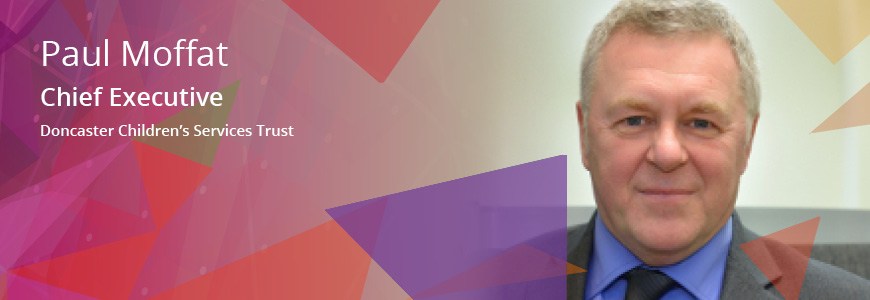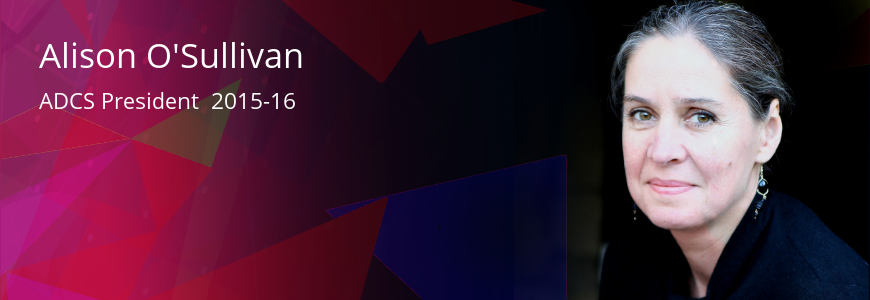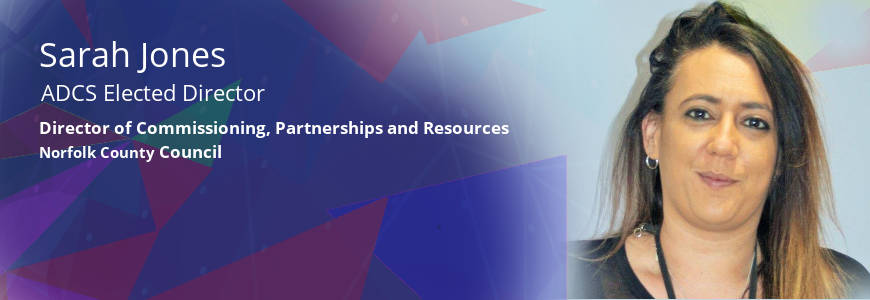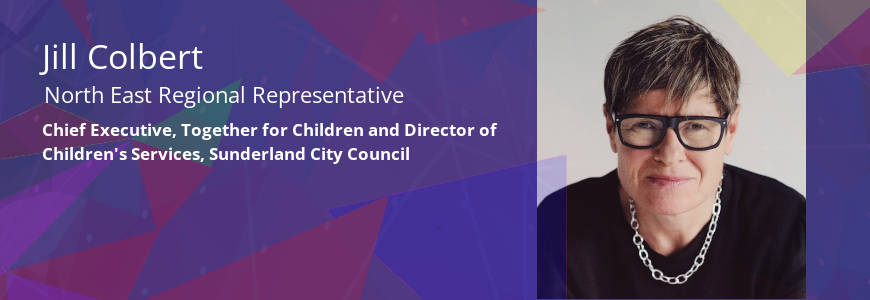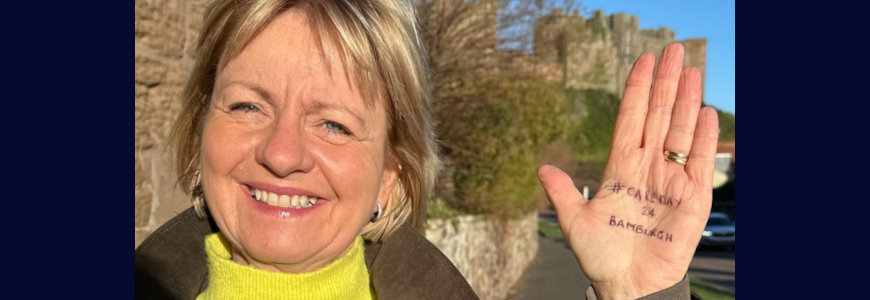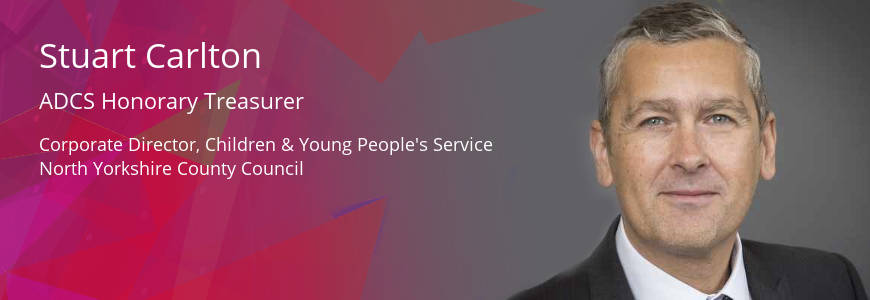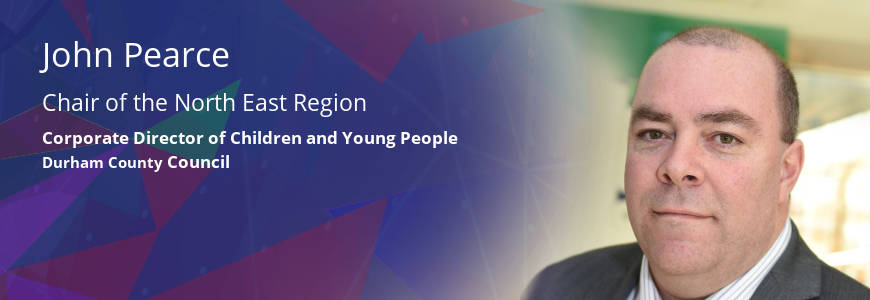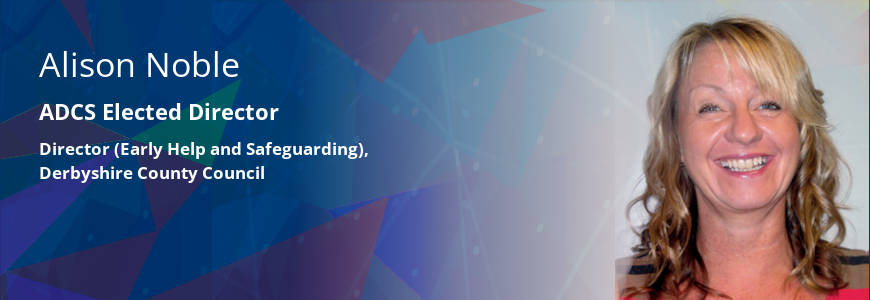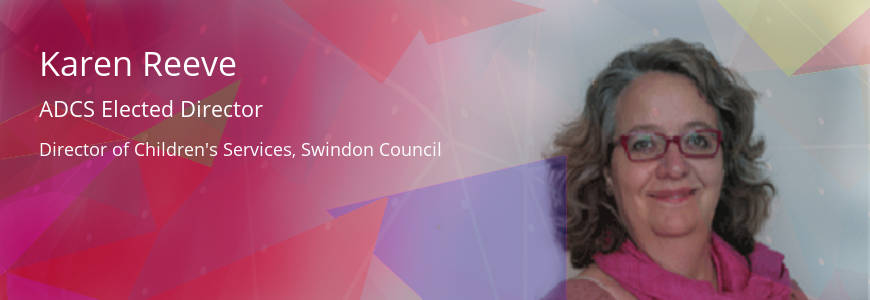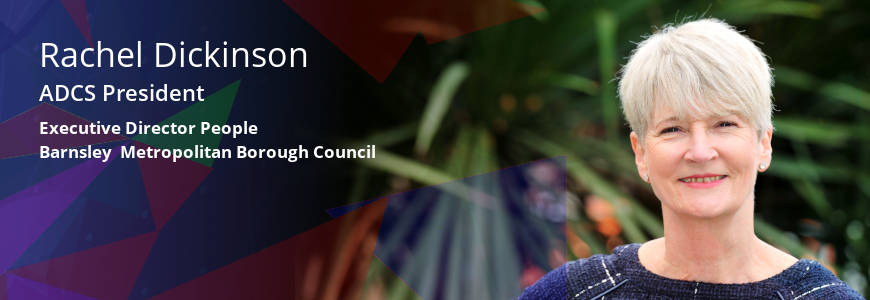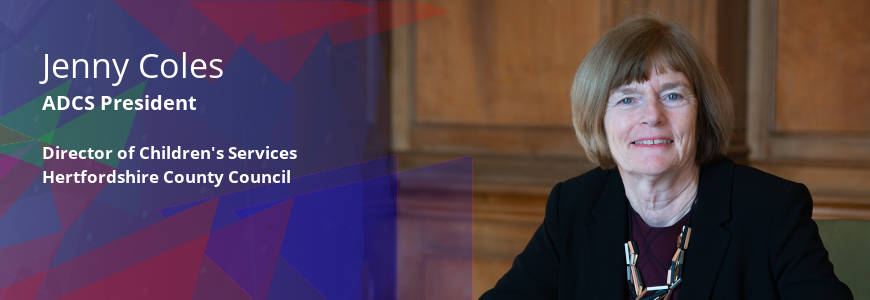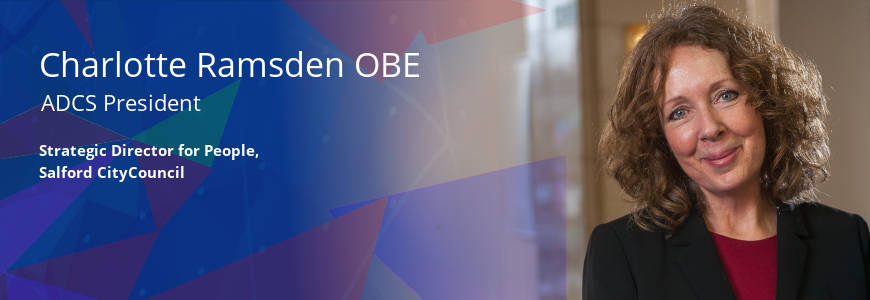Keeping Teenagers at the Top of our Agenda
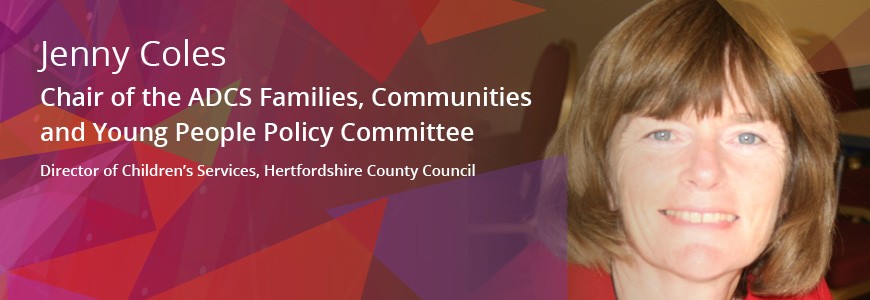
It’s been a challenging couple of weeks for me with the publication of a serious case review. So reflecting on the “what keeps me awake at night” moments over the years, vulnerable young people, particularly those involved with the youth justice system are often top of the list. Yet often the most positive stories are also with the very same age group. This week it was really encouraging to be told of a great example of proactive practice with a young person who had spent Friday afternoon at the police station after hitting his sister. His mum would not attend the police station or have him back home – a response which we are all familiar with. He could so easily have ended up spending time in care but instead he spent 2 nights at our short breaks service and after outreach support for the family and individual work with the young person, he was able to return home on the Sunday. Personalised support for young people and recognising their particular needs in adolescence is very important, as is keeping teenagers at the top of our agenda alongside the often competing demands of things like child protection and adoption.
The ADCS Families, Communities &Young People Policy Committee has tried to do this starting with discussions around the child protection system and how local authorities and partners can sensitively respond to young people being sexually exploited. The publication of That Difficult Age: developing a more effective response to risks in adolescence by Research in Practice sparked a lively debate around how working with adolescent “agency” requires an appreciation of their distinct behaviours. Their perception of life, their unique experiences and how this can help us shape any support adolescents and their families receive (of course those of us who work in youth justice and youth work have known this for years!).
The Youth Justice Review by Charlie Taylor, particularly looking at the importance of education, and the recently published review by Lord Laming In Care, Out of Trouble should provide assurance that there is a national focus on giving vulnerable young people skilled support and the right opportunities. The challenge of course is that although the number of young people entering the youth justice system has reduced, as has the number of young people in care in many areas, a very complex group of young people remain. However, we do now have within the children’s services sector a growing body of evidence of what is working including restorative practice, so we should learn from local solutions and these should inform national reviews rather than the other way round. The ADCS has an important role in making sure this happens.
“On the ground” we are all trying to take a “whole young person” approach to the challenges of adolescence which these separate government reviews may miss. So I can’t end without mentioning perhaps the most significant issue for young people in their teenage years and a particular passion of mine - emotional health and wellbeing (I did once think about becoming a child psychotherapist but was advised that I might be better suited to front line practice or something else!). The Transformation Fund provides welcome opportunities for investment and prevention but this is after years of underfunding when the priority has been adult mental health. As a District Youth Council recently said to me, “We’re really pleased that something is now happening as we have been saying this is what young people see as the most important thing for at least the last five years”.
Related Blog Articles
Over the past 12 months I have had the privilege of leading Doncaster...
In Care
This is my last ADCS blog as I'm retiring today! So I feel I'm allowed to...
In General
This week our 0-25 Together Service organised their safeguarding conference...
In Safeguarding & Child Protection
The National Children and Adult Services Conference 2019 opened on Wednesday 20...
In General
It’s been three years since I wrote my first blog for ADCS, based on Wonder...
In Care
Like me, many of you might be relieved that a serving MP wasn’t the winner of...
In Leadership
I write this blog with a heavy heart as it will be my last as an Elected...
In Care
One of the lasting impressions left by my leadership development training with...
In Leadership
There’s a lot going on at the moment, what with our new President, the care...
In General
Whilst thinking about a theme to focus on for this blog I started to reflect on...
In Funding
Whilst away on holiday and having more time to tune into world news, I became...
In Care
I'm often struck by what a crude term ‘corporate parent’ is - we use it to...
In General
Yesterday marked the beginning of this year’s National Care Leavers Week which...
In Care
This week marks my first as ADCS President. It promises to be an interesting and...
In General
As a DCS, being a qualified social worker is not part of the essential criteria...

